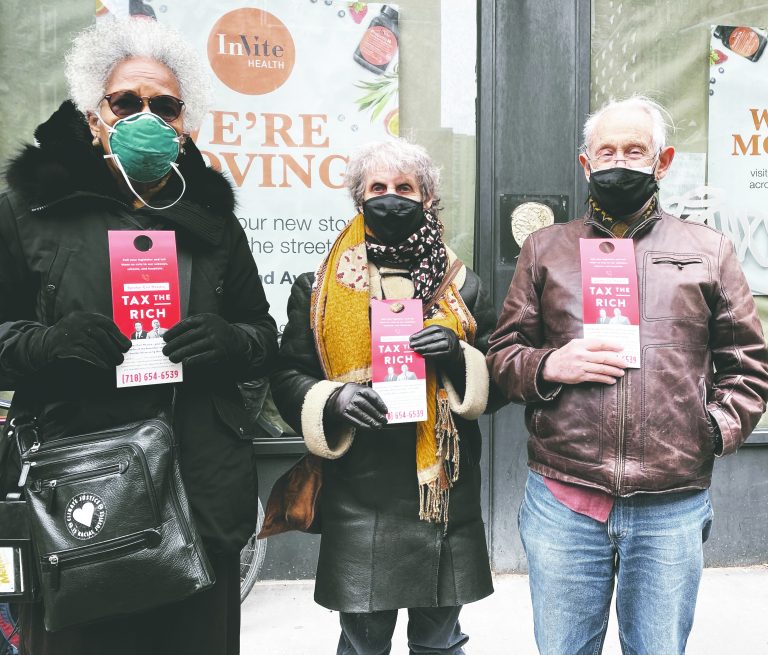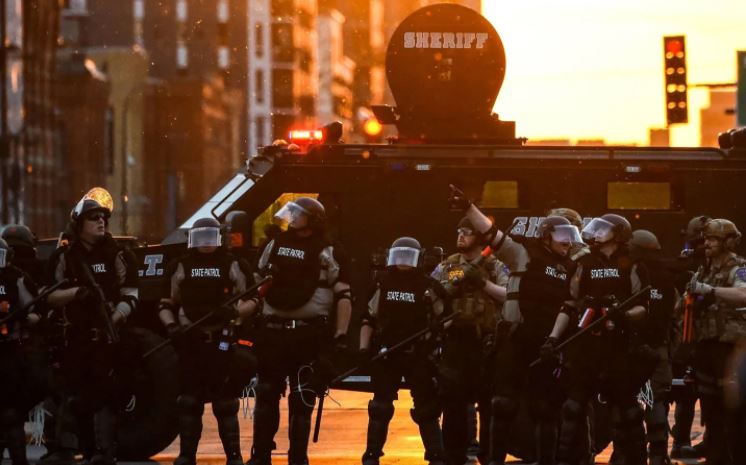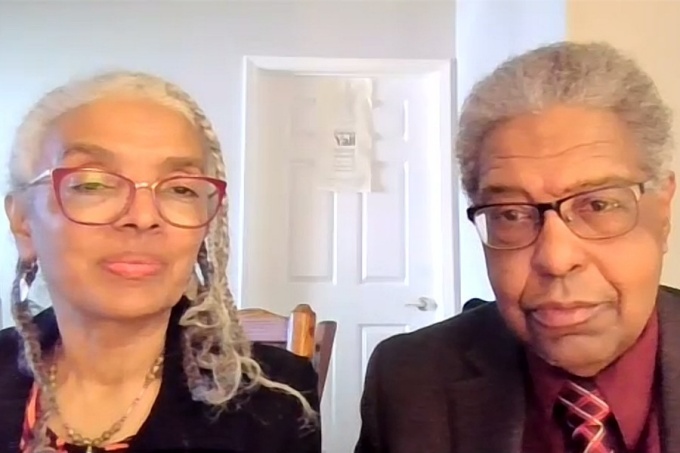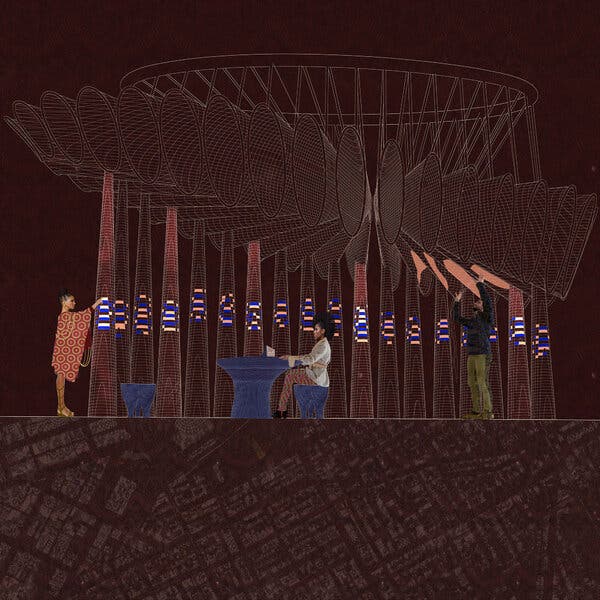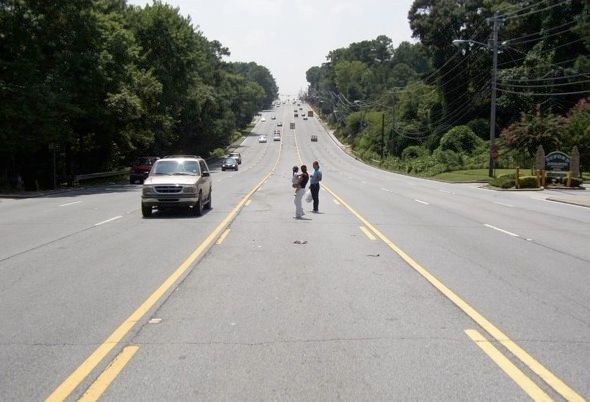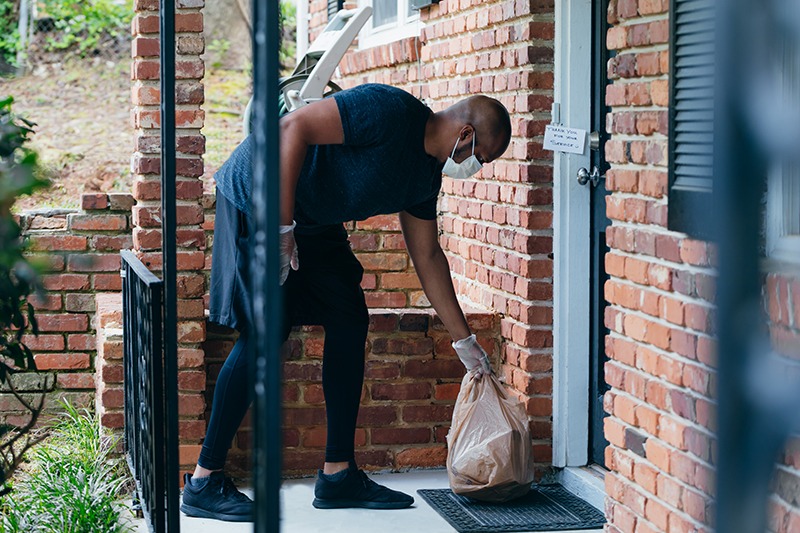From Brooklyn to Buffalo, Socialists are Organizing to Tax the Rich
By Rob Katz
Read the full article from The Indypendent, here.
When a coalition of 40 organizations wrote to Krueger in February 2020 to propose a package of income taxes on wealthy individuals and large corporations, she told the Daily News that she supports a “robust progressive tax system” but insisted that only the governor, who has spent his decade-long tenure slashing taxes and social spending, could grow total spending for new or expanded programs. In the pre-pandemic world, Krueger made clear that while she supported the sentiment, she believed her hands were tied.

